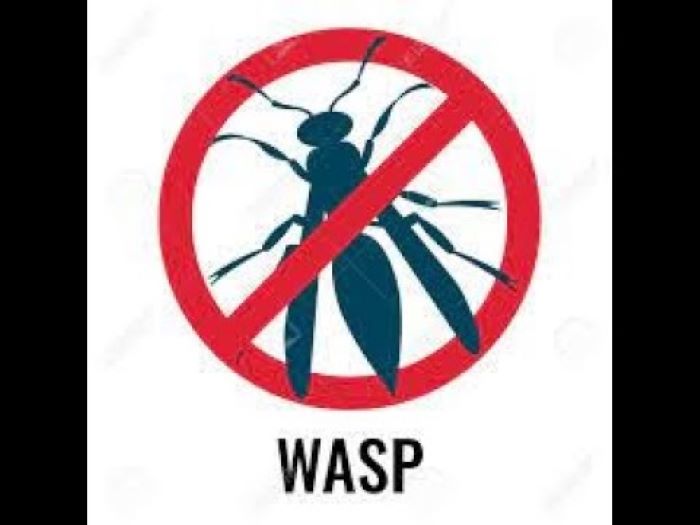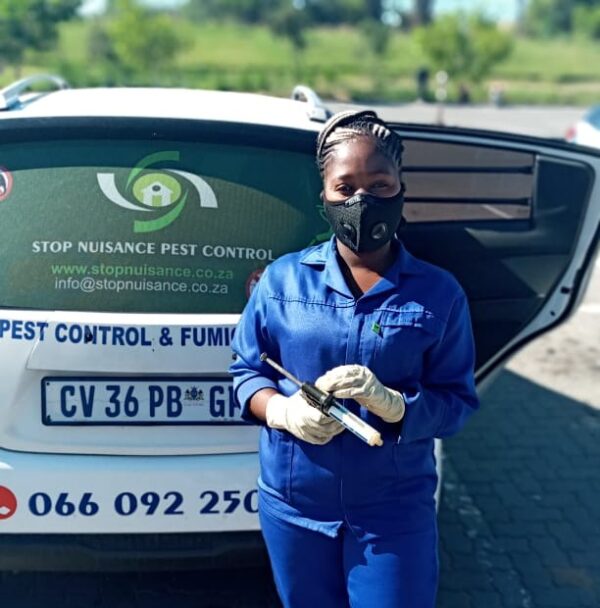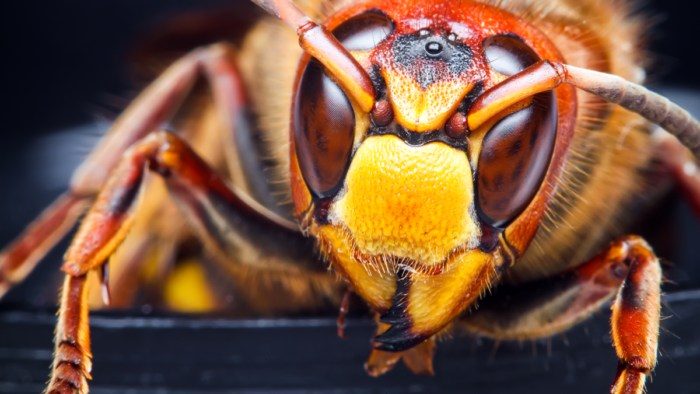Wasps can be a nuisance when they start building nests around your home. Their stings are painful, and many people are allergic to them. So you may be wondering – does soapy water kill wasps? The short answer is yes, soapy water is an effective way to kill individual wasps and destroy nests.
In this article, we’ll explore why soapy water is lethal to wasps, the best soapy solutions to use, and techniques for applying it directly to nests or spraying at individual insects. We’ll also briefly cover some alternative methods in case soapy water doesn’t give the results you need against these aggressive stingers.
Table of Contents
Why Soapy Water Kills Wasps

The reason soapy water is so deadly to wasps is that it interferes with their breathing and causes them to suffocate. Like other insects, wasps breathe through tiny openings in their exoskeletons called spiracles. As they fly through soapy water or it comes into contact with their bodies, the solution blocks these essential openings.
Without the ability to take in oxygen, the wasps quickly suffocate and die. The soap also compromises the protective external layer and can cause the insects to dehydrate.
Additionally, if you spray a wasp nest directly with soapy water, it can penetrate the nest and kill developing larvae. This prevents the nest from continuing to expand in size and reach capacity to release more wasps.
Best Soap Solutions for Wasp Control
For the best results in killing wasps with soap, use a liquid dish or hand soap that has a degreasing agent in it. Dish soap designed to cut kitchen grease works well. Some options include Dawn, Palmolive, Gain, and Sunlight dish detergent.
Mix the soap with water at a ratio of around 2 tablespoons of soap per quart of water. Put the solution in a spray bottle to apply it directly. You can also use a bucket and brush if you need to thoroughly coat a large nest.
For individual wasps, a more diluted soapy solution in a spray bottle is easiest so you can shoot a stream at them while keeping a safe distance.
How to Apply Soapy Water to Kill Wasps
If there are just one or two flying wasps pestering you, a spray bottle of soapy water is the quickest control method. Simply adjust the nozzle to a focused stream instead of mist to have more range and force. Then shoot the soap solution directly at the wasp when it lands on a surface. Aim for the head and thorax.
The soap will quickly penetrate and suffocate the wasp on contact. However, don’t use this method for wasp nests out of reach, especially if they contain hundreds of the insects. It’s best to call a professional exterminator instead.
For accessible paper nests often built under eaves or outdoor fixtures, here are the basic steps:
- Mix dish soap and water solution described above
- Get necessary protective gear – long sleeves, pants, closed shoes, hat, mesh veil at minimum
- Prep a bucket or sprayer with the soapy mixture and a brush if needed
- Approach nest slowly during evening when most wasps are present but more sluggish
- Thoroughly douse the nest with spray or brush on solution, soaking as much as possible
- Run away quickly once nest is soaked – solution will penetrate and kill emerging wasps
- Repeat soaking next day if any signs wasps survived initial application
The protective equipment is vital since killing a nest will anger any wasps present and prompt them to swarm out. But the soap solution will suffocate and kill them as they emerge soaked through their exoskeletons.
Monitor the nest site for a couple weeks afterward. Destroying it and preventing survivors from restarting colony expansion are critical for effective control. Call an exterminator if you see any wasps lingering or trying to rebuild.
Other Ways to Kill Wasps If Soap Fails
While soap and water is highly lethal to wasps through suffocation, it doesn’t always wet and penetrate nests enough depending on the location. Here are a couple alternative methods to kill wasps if the liquid solution doesn’t prove effective:
Wasp and Hornet Sprays – Pesticides designed specifically for aerial nesting insects often have more shooting range and spray force than soap mixtures in regular bottles. The active ingredients vary but usually contain potent synthetic pyrethroids or other neurotoxic solutions. Take extreme care if using these chemicals yourself and read all label safety precautions.
Professional Treatment – For large nests or ones built in difficult locations like wall voids, it’s smart to call a licensed exterminator rather than risk a sting accident. They have commercial grade pesticides as well as growth regulators that can eliminate nests and prevent survivors from restarting them. This option avoids any hazard on your part as well.
Prevention is Ideal
While soapy water does kill wasps contacting it directly, the better solution is preventing nests in the first place. Here are some handy tips:
- Install fine screens on all vents, chimneys, and openings to attics or crawl spaces
- Keep the yard free of litter, overturned flower pots, or other debris wasps can build nests in
- Seal cracks and holes on exterior walls, rooflines, and openings to attics/crawlspaces
- Cover outdoor eating areas with screening so wasps can’t scavenge for food
- Inspect under eaves, outdoor fixtures, and potential hiding spots for the start of paper nests in spring
- Contact exterminator at first sign of wasps scouting for nest locations to treat before colonies expand
Following proactive exclusion and nesting prevention steps will keep your property clear of wasps for summer outdoor living. But if some sneak through and you spot a new nest, now you know soapy water is usually effective for DIY removal! Expert treatment may still be smart for hives inside walls or ceilings.
🔮 More From Pestifier

With over 5+ years of experience in pest control and a PhD in Entomology, our author brings a blend of scientific knowledge and practical expertise to Pestifier.com. Passionate about creating pest-free environments, they provide effective tips and strategies for managing and preventing pest infestations. Connect on Facebook for the latest updates and insights.

